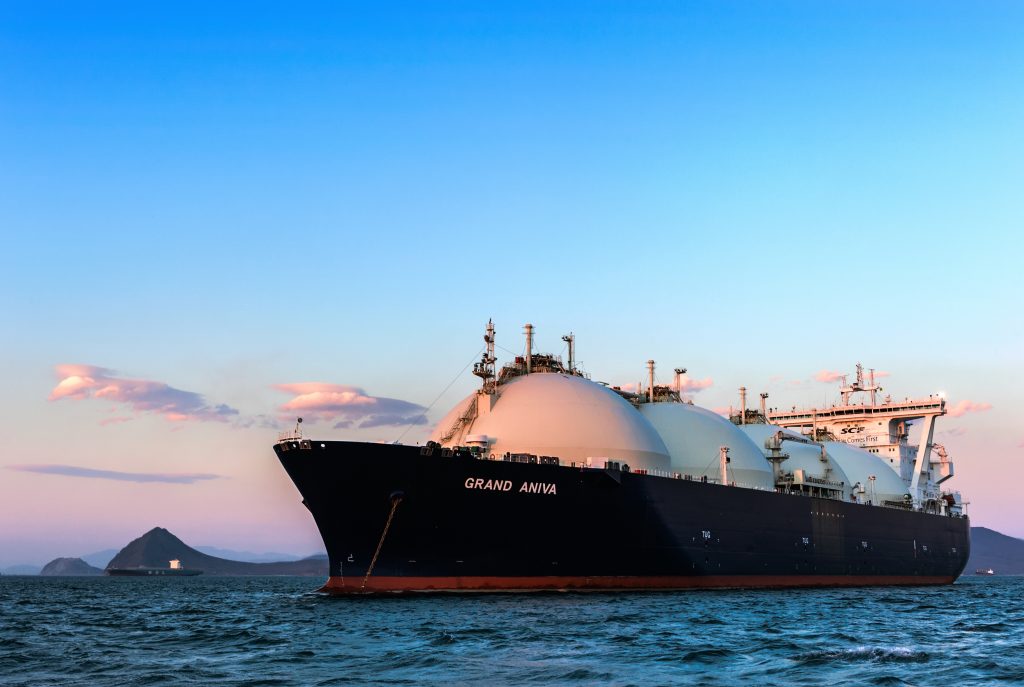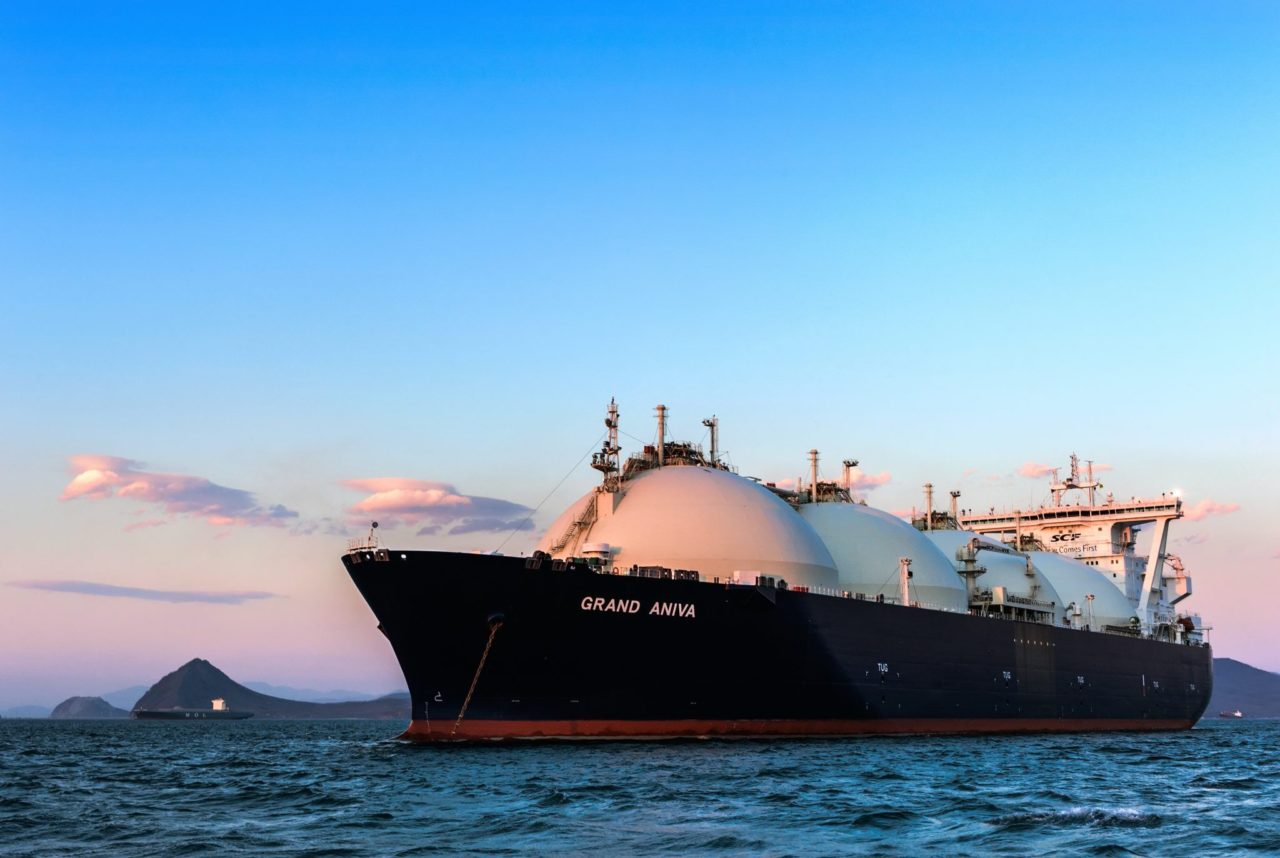Understanding LNG Vessel Bunkering


LNG bunkering is the process of transferring liquefied natural gas (LNG) to a ship for use as fuel. One key advantage of LNG is that it is a cleaner alternative than marine gas oil or heavy fuel oil. The increased environmental regulatory pressure has increased LNG’s popularity, especially due to the lower sulphur content of LNG than marine bunker fuel. Being naturally abundant as well, the industry forecasts a stable price for LNG fuel and is commercially viable.
With the rise in LNG in recent years, it is no surprise there will be an estimated 1000 LNG-fuelled vessels by 2020. This highlights the need for personnel to be equipped with the right skills and training to ensure safe LNG bunkering.
Safe LNG bunkering
Safe bunkering and having a well-prepared emergency evacuation response bring about the need for standards and regulations to be in place for LNG bunkering. Regulatory organisations such as Society of International Gas Tankers and Terminal Operators (SIGTTO), Oil Companies International Marine Forum (OCIMF), International Maritime Organization (IMO), International Organization for Standardisation (ISO), CEN – European Committee for Standardization (CEN) and the National Fire Protection Association (NFPA) have developed them.
After all the equipment are checked and confirmed to be in proper working condition, officers on both ships sign documents and checklists – including the amount of fuel that will be transferred, the transfer rate, the pressure at manifold, the start and topping rate and max.
After the values have been agreed upon, the manual bunker valves are opened. Clear uninterrupted communication between ships is important to coordinate the start of the fuel transfer. The transfer is closely monitored to look out for any leaks or equipment malfunction. In an event of a failure, emergency shut-down systems kick in and the transfer is shut down immediately.
LNG Bunkering Masterclass is a 3-day course held from 2-4 July 2018 in Singapore, and designed to equip delegates with a detailed practical grounding in the fundamentals of advanced LNG Bunkering transfer operations. Delegates will learn the practical tools and techniques that can be utilised to manage risk more effectively, ensure overall safety for any LNG Bunkering operation and make better practical decisions while handling.
Opus Kinetic believes that people are why organisations are successful, and giving people the knowledge to perform well at their job is integral for success. We pride ourselves as the premier provider of knowledge, offering acclaimed in-house trainings, and many others professional training courses spanning from various industries. Our training courses are well researched and updated with the latest industry trends. For more information on our professional training programs, you can visit us at http://www.opuskinetic.com/training.
